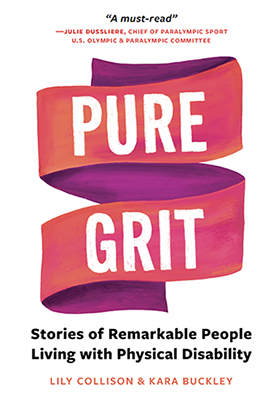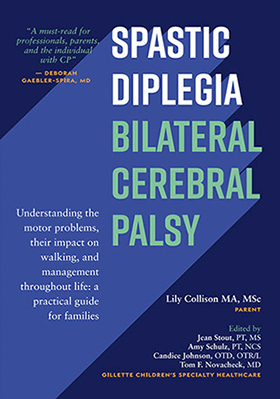I wrote this essay as a guest post here.
I am the parent of a now 25 year old who has spastic diplegia, a common form of cerebral palsy (CP). I can so clearly remember the next words the pediatrician spoke, after he had just told me that my son had CP – “And if I want to know how this child will turn out, I don’t look at the child, I look at the mother.”
Powerful words and yes, I never forget them.
An advocate is a person who pleads on someone else’s behalf. We parents are our children’s advocates. We parents share decision-making with professionals in the medical process. We are the voice of our children. Indeed, a friend of mine signed all paperwork for her son who had a disability; “Deirdre Kelly voice of John Kelly.”
How can we become a better voice for our children? How can we become better advocates and co-decision makers in the medical process? To answer this, I thought, what advice would I give the younger me who had just received my son’s diagnosis?
Here is my advice to the younger me. The following points are in no particular order:
- Learn everything you can about your child’s condition. Understanding is key. How do you learn? Find and read relevant books and look up reliable online resources. Ask health professionals for pointers to good resources. Ask other parents. Join a support group. When you don’t understand something, ask questions of professionals at appointments. Professionals enjoy working with an interested parent, so don’t feel that you are annoying them. Interestingly, research has shown that most of the time, health professionals underestimate the amount of information parents want about their child’s condition.
- Try to have a clear sense of what can and can’t be changed about your child’s condition. Develop a good sense of how the condition develops over the lifespan to guide you as to overall goals. The following words are very apt:grant me the serenity to accept the things I cannot change, courage to change the things I can, and wisdom to know the difference …
- Work in partnership with health professionals. Neither you nor they alone can achieve the best management of your child’s condition.
- Be an effective coordinator of your child’s care. Systems may not always be perfect. For example, a referral might be forgotten, and an appointment might not get scheduled. Keep medical records organized. Come to appointments prepared. Have your list of questions worked out in advance. Keep notes after appointments. I had to do that as I could not trust myself to remember all that I had heard. To get the most out of appointments on a practical level, try to ensure that your child (and you!) do not arrive tired/hungry.
- Despite their best efforts, medical professionals use medical terms. It helps to gain an understanding of commonly used medical terms relevant to your child’s condition.
- Become familiar with the evidence-based treatments for your child’s condition. Try to have your child’s treatment limited by medical science, not zip code. Unfortunately, treatment isn’t always evenly distributed, and access may pose cost/logistical challenges. For example, I regret that I did not know about selective dorsal rhizotomy (SDR) when it would have been a treatment of choice for my son. By the time I learned of it, he had already passed the age when it would have been a treatment of choice. In all of this, we just have to try to do our best.
- Gain a good understanding of what is involved in a proposed treatment to guide your decision-making. Recognize that the medical team brings expertise of the condition and its treatment, but you, the parent, bring expertise of your child. Make sure you have sufficient information to guide your decision-making and keep asking questions of professionals if you do not understand. Indeed, a 2016 survey of 1,214 parents and caregivers of children with CP found that they judged available medical information to be inadequate to guide their decision-making. We would not enter into a loan agreement without a thorough understanding of what was involved. The same applies to our children’s treatment.
- Foster your child’s independence right from the start. This includes actively involving your child in decision-making related to his or her care.
Many years later, I have come to recognize the wisdom in the words of that pediatrician. Indeed, if we are effective advocates and co-decision makers in the medical process, our children will likely grow up to be more effective self-advocates/decision-makers in adolescence and adulthood. The lessons we teach and the examples we show can have profound long-term effects.


